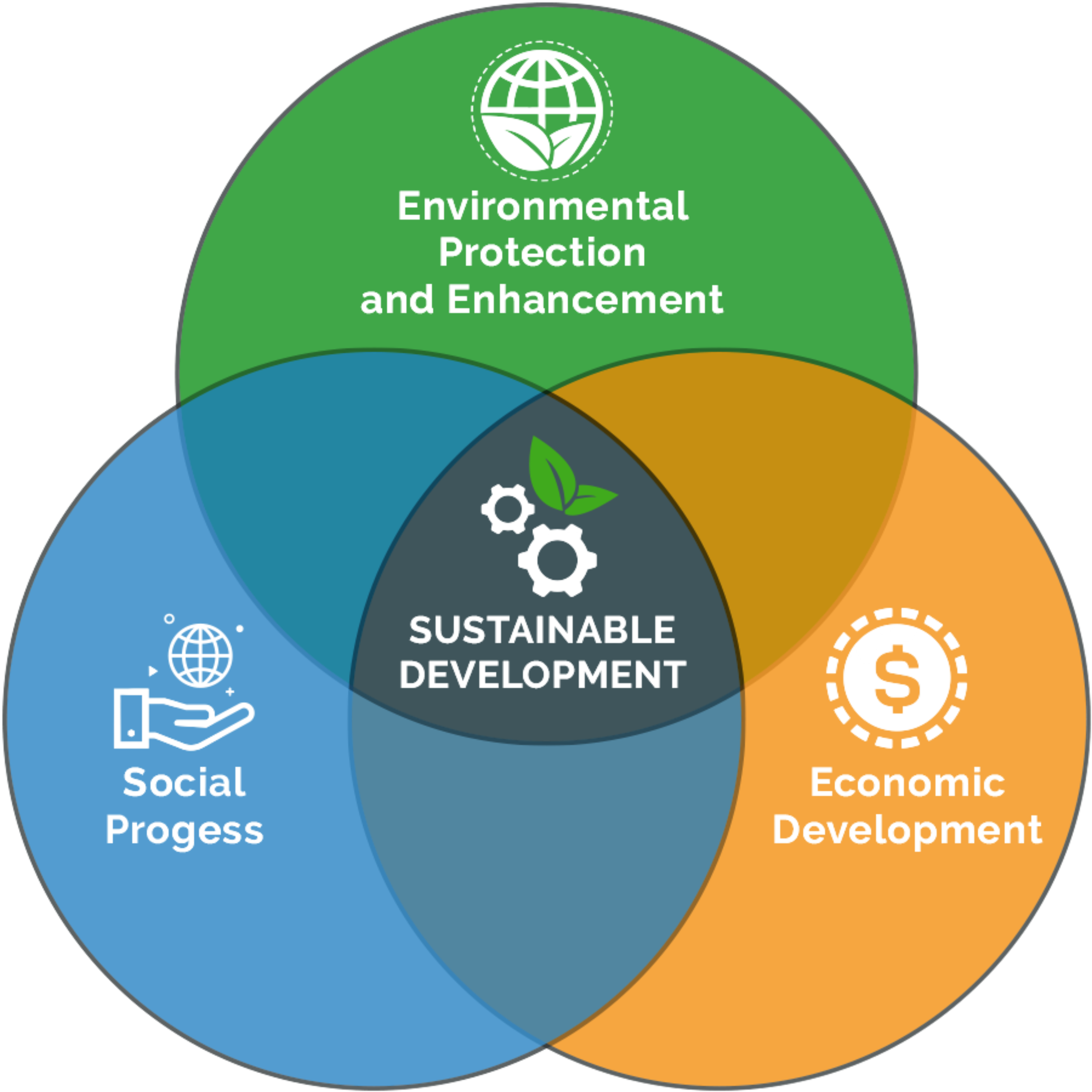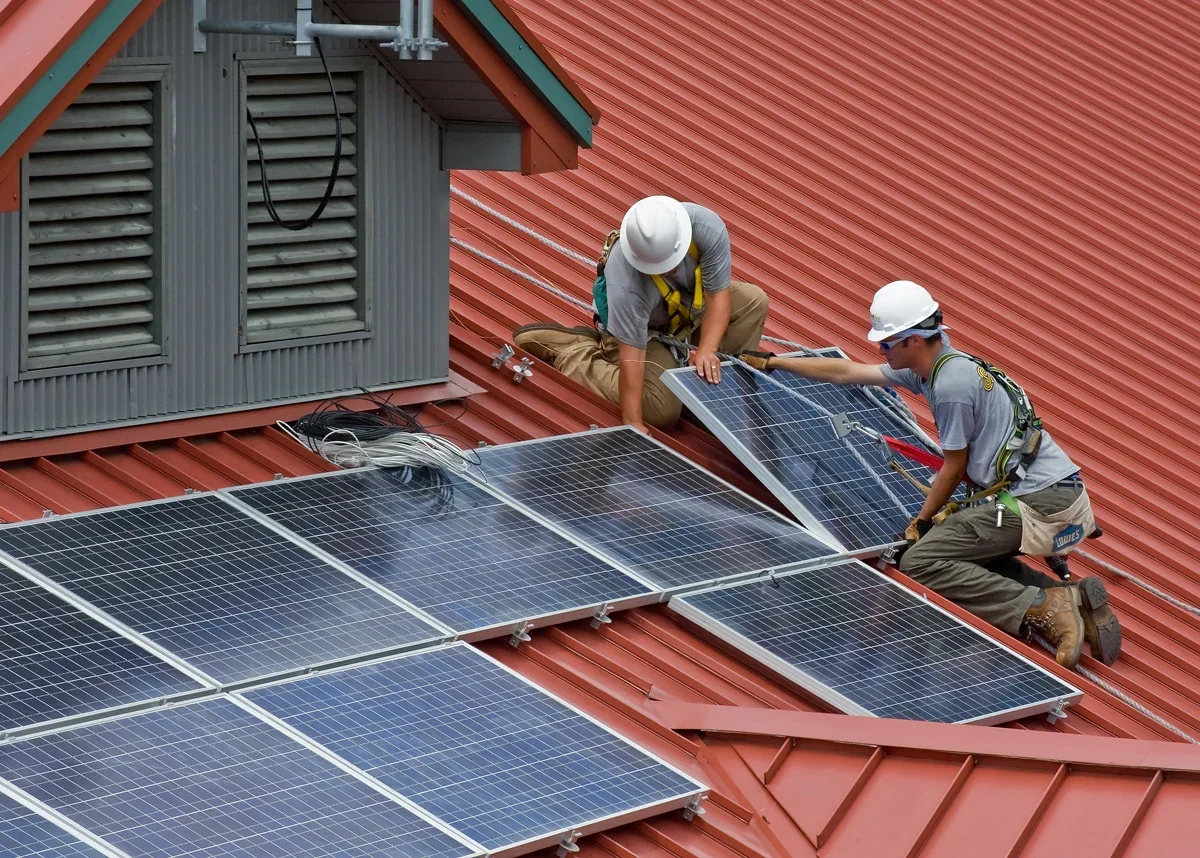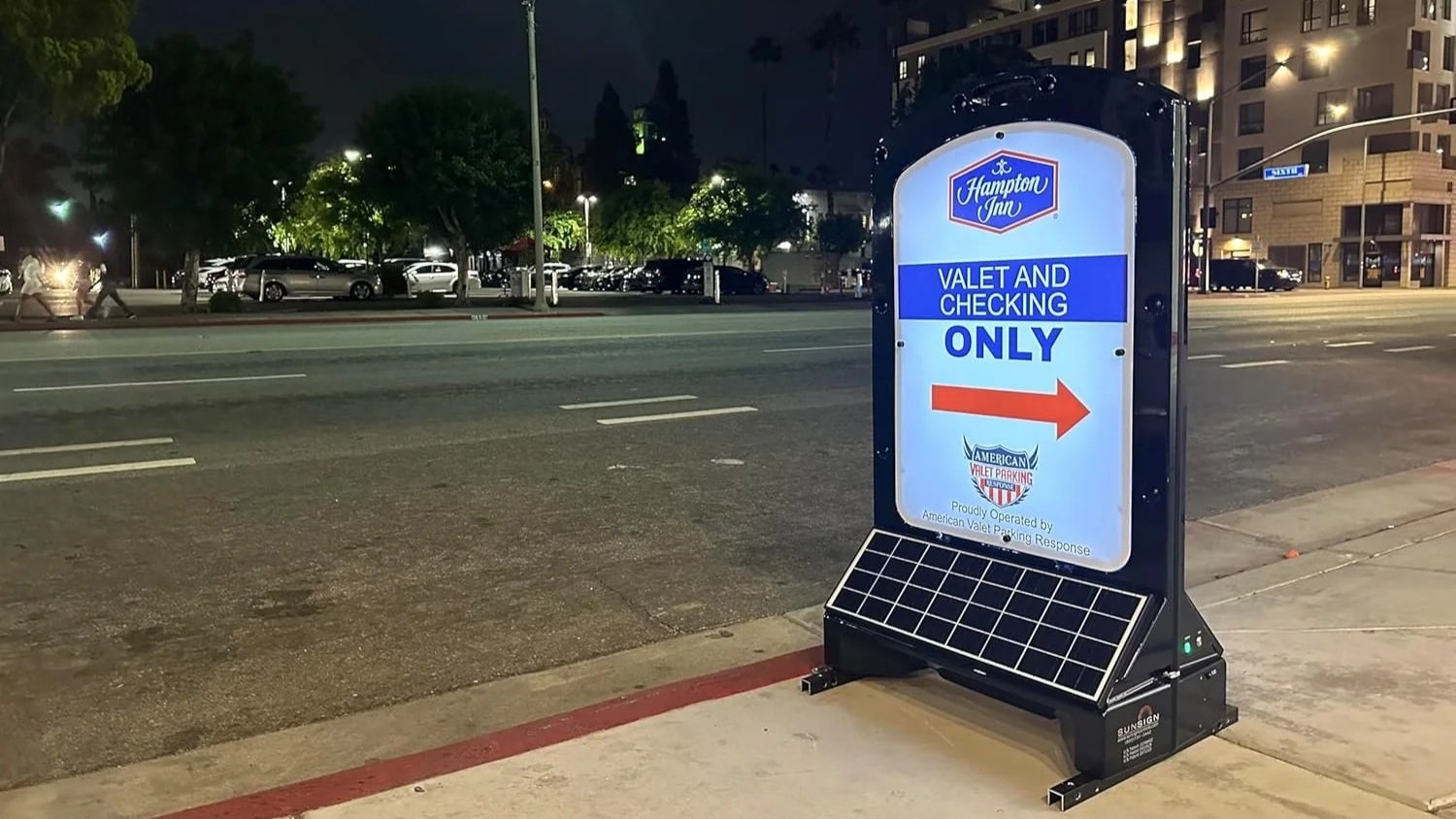The Power and Promise of Sustainability.
Sustainability is not just an environmental concern; it touches every aspect of our lives. From the way companies manage resources to the choices we make at the grocery store, sustainability determines whether we are building a future that thrives or one that struggles to survive. Its importance goes beyond protecting the environment; it’s also about securing economic growth, improving quality of life, and creating resilient communities.
This is why understanding the true value of sustainability is essential. It’s not simply a corporate buzzword or a personal lifestyle choice; it’s the foundation of long-term success for businesses, communities, and individuals alike.
Why Sustainability Matters
At its essence, sustainability is a matter of responsibility, one that spans both corporate and personal spheres.
For businesses, embracing sustainability means more than simply "reducing environmental footprints"; it’s a strategic pathway to drive innovation, improve operational efficiency, and bolster long-term profitability. Adopting practices such as energy-efficient production, waste reduction, and circular economy principles not only removes waste and lowers costs but also enhances brand reputation and attracts loyal customers and forward-thinking investors. Research confirms that companies embedding sustainability into their strategy outperformed their less sustainable peers in the stock market over time.
On the consumer side, sustainability reflects conscious choices to purchase responsibly, reduce waste, and support ethical brands as actions that protect communities and preserve natural resources. Empowered consumers increasingly shape market trends, and studies show a significant portion of buyers, especially younger generations, prioritize companies with strong environmental and social values.
When both businesses and consumers commit to sustainability, their collective efforts yield far greater impacts, amplifying environmental protection, societal well-being, and economic resilience. This synergy creates a virtuous cycle: companies innovating responsibly inspire consumer trust, while consumers’ ethical demands push businesses to do even better.
The Business Case for Sustainability
Forward-thinking businesses are discovering that sustainability isn’t just good for the planet; it’s also good for growth. Companies that take sustainability seriously are seeing measurable returns across operations, customer loyalty, and brand strength. In fact, studies consistently show that businesses adopting sustainable practices outperform their competitors in the long run.
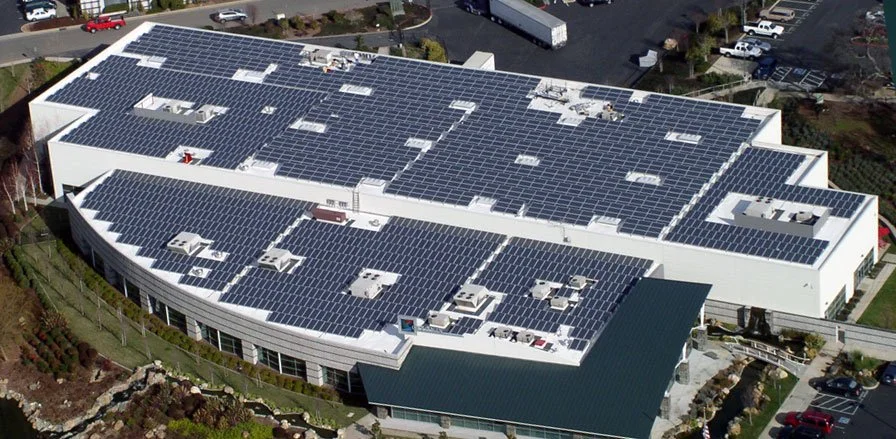

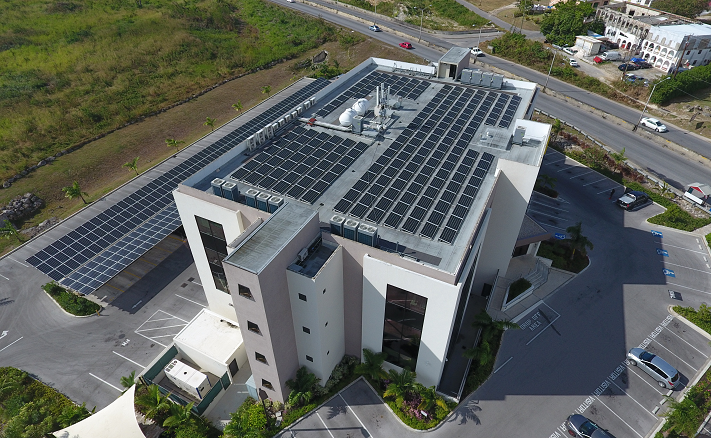
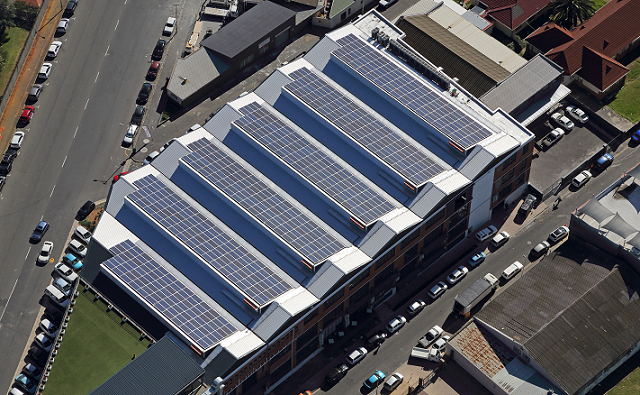
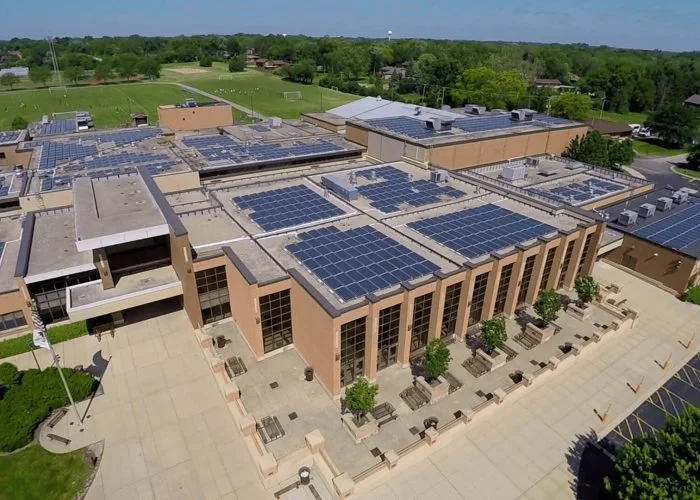
Here’s why it matters:
1. Competitive Advantage
A recent press release from PwC’s 2024 Voice of the Consumer Survey reveals that consumers are, on average, willing to pay 9.7% more for sustainably produced or sourced goods even amid inflation pressures.
Consumers are becoming increasingly guided by purpose, often willing to pay a premium for products that align with their environmental values. According to PwC, even while grappling with rising cost-of-living pressures, shoppers are still prepared to spend about 9.7% more on sustainably produced goods. This trend gives businesses that embrace and communicate their sustainability efforts a tangible competitive edge, helping to build stronger brand loyalty and attract value-driven customers.
2. Cost Savings
Investing in energy efficiency often results in significant cost reductions for businesses. Measures like upgrading to LED lighting, enhancing HVAC systems, improving insulation, or implementing solar panels can lower energy bills dramatically, sometimes by as much as 20–30%.
For example, according to the U.S. Department of Energy, LED lighting uses at least 75% less energy and lasts 25 times longer than incandescent bulbs. Many businesses also report savings of 30–50% on lighting costs after conversion, according to Efficiency Vermont.
HVAC systems, which account for nearly 40% of a commercial building’s energy use, can deliver 10–30% reductions when upgraded to energy-efficient models or paired with smart controls, according to the EPA’s ENERGY STAR program. Likewise, sealing and insulating can lower heating and cooling costs by up to 15%, according to the EPA. On a larger scale, installing solar panels can reduce electricity bills by 20–40%, with most commercial systems seeing a 5–10 year payback period and a 10–15% ROI, according to Sungreen Systems and Paradise Energy.
Beyond the immediate savings, energy-efficiency measures often generate internal rates of return (IRR) of 10–20%, according to the National Renewable Energy Laboratory. These upgrades not only pay for themselves in a few years but also enhance long-term operational efficiency and profitability.
3. Stronger Reputation
Trust is one of the most valuable currencies for brands today, and consumers expect businesses to prioritize both people and the planet. Surveys consistently show that strong sustainability credentials enhance brand trust and loyalty. A brand perceived as environmentally conscious is not only more likely to attract customers but also to retain them in the long term, alongside gaining favor with employees and stakeholders.
Edelman’s 2025 Trust Barometer Special Report: Brand Trust, From We to Me points out that modern consumers expect brands to speak directly to their values, balancing personal relevance with purpose. Active brands those that communicate and act on societal issues are more trusted and differentiated from competitors.
4. Future-Proofing
With environmental regulations tightening and public expectations shifting, businesses that proactively bake sustainability into their operations position themselves for long-term resilience. The 2025 Edelman Trust report underscores this shift: 61% of people believe companies have a responsibility to contribute to societal improvement, not just profit. This growing expectation puts sustainable businesses ahead in navigating future regulatory shifts and stakeholder needs.
A highlight from the broader 2025 Edelman Trust Barometer reports that 61% of respondents now believe businesses, not just governments, have a critical role in driving positive societal change.
Everyday Sustainability: What Consumers Can Do
Sustainability isn’t just about corporate action; individuals make a real difference too. The choices we make in our daily lives ripple outward, influencing our communities, environment, and future. Consider these easy, impactful ways to live more sustainably.
1. Switch to renewable energy sources like solar.
Installing solar panels at home can significantly reduce energy bills and carbon emissions. For example, homes in low-carbon trials featuring solar panels plus heat pumps save around £1,341 annually on energy, totaling over £46,600 across a 25-year period.
Even if you’re not ready for a full installation, you can start small with a solar street lamp and see the benefits for yourself. Lower costs, cleaner energy, and a step toward sustainability. To get an idea of how it works, you can check this street lamp installation video.
2. Choose reusable over single-use plastics.
Single-use plastics create massive waste and pollution that can take hundreds of years to decompose. By switching to reusable bottles, bags, and containers, you reduce environmental impact, save money, and make a simple yet powerful step toward sustainability. Every small choice adds up to a cleaner, healthier future.
3. Support Local Businesses That Prioritize Sustainability
Choosing to support local businesses that focus on sustainable practices helps reduce your environmental footprint while encouraging responsible commerce. These businesses often use eco-friendly materials, implement energy-efficient operations, and source products locally, which minimizes transportation emissions. By backing them, you’re promoting a greener economy and contributing to a healthier planet.
A Shared Responsibility
Sustainability isn’t just about survival; it’s about shaping a future where businesses thrive, communities flourish, and nature continues to support us all. Every action matters, whether in a corporate boardroom or an everyday household.
At USB Solar Solutions, we take this responsibility seriously. Innovation and environmental stewardship are not mutually exclusive; they work best together. That’s why we created the SunSign, a solar-powered signage solution designed to help businesses stand out after dark while reducing energy costs and eliminating maintenance headaches. With SunSign, visibility and sustainability go hand in hand.stand out
But sustainability isn’t just a product; it’s a mindset. When businesses and individuals make conscious choices, the ripple effects multiply:
Businesses can reduce energy consumption, strengthen brand trust, and support local communities.
Consumers can influence markets through sustainable purchases, waste reduction, and mindful resource use.
Together, these efforts create a virtuous cycle of responsibility, innovation, and long-term growth. As the saying goes, “We do not inherit the Earth from our ancestors; we borrow it from our children.” By embracing sustainability today, we ensure a thriving planet for generations to come.
Ready to take your business visibility to the next level sustainably? Call us now or fill out the form below to see how SunSign can make your brand shine without leaving a footprint.
Be Seen. Be Sustainable. Let SunSign light up your business without leaving a footprint.



